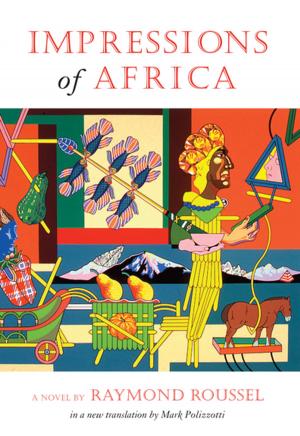| Author: | Ishmael Reed | ISBN: | 9781564787774 |
| Publisher: | Dalkey Archive Press | Publication: | September 1, 2009 |
| Imprint: | Dalkey Archive Press | Language: | English |
| Author: | Ishmael Reed |
| ISBN: | 9781564787774 |
| Publisher: | Dalkey Archive Press |
| Publication: | September 1, 2009 |
| Imprint: | Dalkey Archive Press |
| Language: | English |
Ishmael Reed's career as one of our great playwrights has long been eclipsed by his other work. Here published for the first time, Reed's plays follow the ancient tradition of using the theater as a forum in which the official versions of our history can be critiqued. Dealing with subjects that mainstream theatergoers might find disturbing—homelessness, the arbitrary entrapment of a black politician, the excesses of the radical feminist movement, the use of black conservatives to promote right-wing agendas, the exploitation of blacks and Africans as unsuspecting guinea pigs by the pharmaceutical industry, and the hypocrisy of the Christian church—Reed's plays are a pungent antidote to the watered-down world of contemporary pop culture, where, Reed argues, minority voices remain as marginalized and stigmatized as they were a hundred years ago.
Ishmael Reed's career as one of our great playwrights has long been eclipsed by his other work. Here published for the first time, Reed's plays follow the ancient tradition of using the theater as a forum in which the official versions of our history can be critiqued. Dealing with subjects that mainstream theatergoers might find disturbing—homelessness, the arbitrary entrapment of a black politician, the excesses of the radical feminist movement, the use of black conservatives to promote right-wing agendas, the exploitation of blacks and Africans as unsuspecting guinea pigs by the pharmaceutical industry, and the hypocrisy of the Christian church—Reed's plays are a pungent antidote to the watered-down world of contemporary pop culture, where, Reed argues, minority voices remain as marginalized and stigmatized as they were a hundred years ago.















